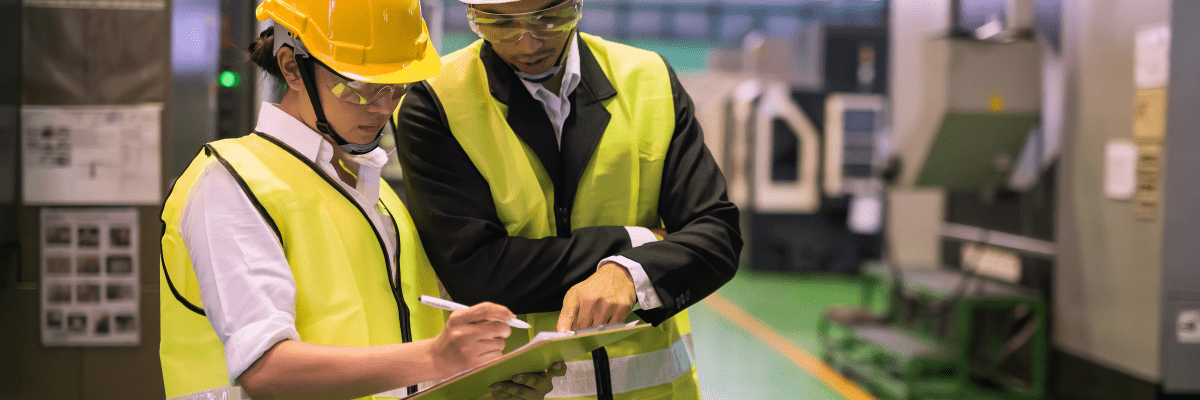The HVACR industry offers a variety of career paths for people at different points in their professional life. There are jobs that can serve as an entry point for those considering a career as a technician. And there are jobs that can work well for experienced technicians who are looking for a new challenge. Here’s a rewarding career option for both: Energy Auditor.
Here’s what you need to know.
What is energy auditing?
An Energy Auditor conducts assessments of homes and businesses to evaluate energy usage and identify ways to improve the property’s energy efficiency. Since HVAC systems are typically the largest consumer of energy in all types of buildings, HVAC expertise is important.
Energy Auditors inspect many aspects of the property, both inside and outside, to help owners reduce energy costs, improve comfort, and reduce their energy footprint. The information helps guide decisions about equipment replacement and building improvements, and can also identify safety concerns and potentially boost property values. Energy audits are often free for the customer because they are funded by utility companies.
Here are some responsibilities of Energy Auditors:
- Visit homes and businesses to conduct assessments
- Evaluate HVAC systems, lighting, and other appliances and electronics
- Inspect walls, ceilings, attics, basements, and roof
- Inspect the condition of doors and windows, and conduct blower door tests for air-tightness
- Conduct thermographic scans of buildings
- Take photos and document all observations
- Troubleshoot technical issues related to energy usage
- Analyze utility bills
- Prepare reports with detailed recommendations for improving energy efficiency
- Ensure all documentation meets utility company requirements
- Coordinate with project teams making property improvements
Is Energy Auditor a secure and lucrative career?
As energy costs rise and interest in green energy grows, the demand for Energy Auditors is expected to grow by 4.2% between 2022 and 2032.
Energy Auditors may work full time or part time. The job may require some work on the weekends, especially for companies that provide residential services.
The average starting salary for an Energy Auditor is $43,300. The median salary jumps to $77,700, while the top experienced and certified professionals can earn as much as $139,500.
A company vehicle may also be provided.
Energy auditors are not usually union members. However, positions may come with benefits including medical, dental and vision coverage, 401K, life insurance, tuition reimbursement, and paid time off.
Skills & credentials required for Energy Auditors positions
These are some of the qualifications that employers look for when hiring an Energy Auditor.
- Valid driver’s license and clean driving record
- HVAC certification (EPA 601)
- Building Performance Institute (BPI) certification (employers often provide training and assistance to earn this certification)
- Strong interpersonal and communication skills (verbal and written)
- General construction knowledge including building codes, safety and air quality
- Some lifting and ability to climb ladders
- Teamwork
- Project & time management
- Basic computer skills
- Detail oriented
- Professional appearance
- Background check
- Associate’s or Bachelor’s degree in environmental science or mechanical engineering is a plus
Learn more about careers in HVAC & Refrigeration
Check out our Career Spotlights to learn more about career paths in the HVACR industry. And sign up for our newsletter below for monthly tips to help you build a successful career.
HVACR Career Connect NY was created to promote the exceptional quality-of-life benefits of a career in HVAC and Refrigeration service, and also to provide a clear path for getting started in the profession. In doing so, we serve as a resource for employers in the New York City metro area to find and hire smart and capable new technicians. We also serve as an educational resource to support business growth and to help service technicians succeed in their chosen profession.
